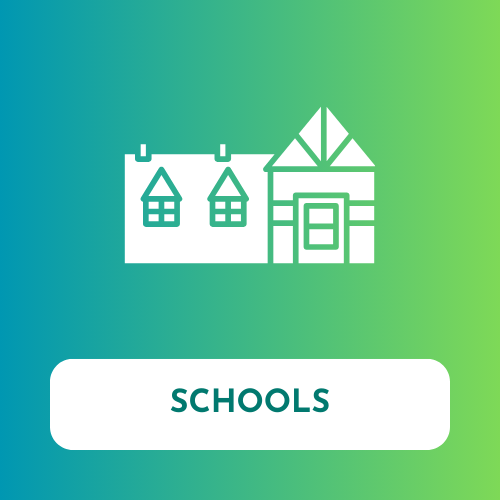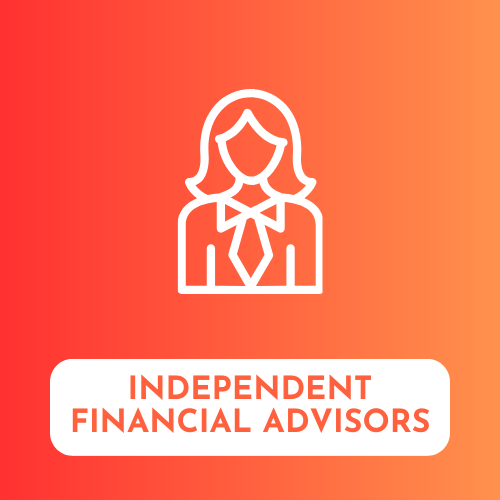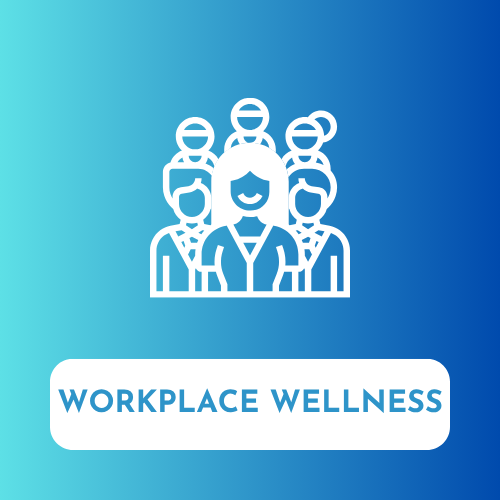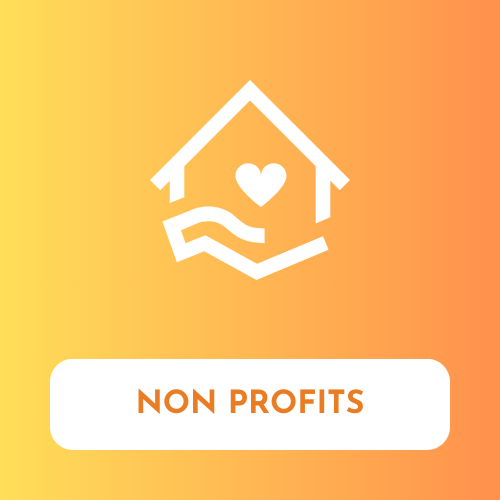
Financial Literacy For All
Financial literacy refers to understanding and applying financial skills like saving, spending, budgeting, investing, and financial management. It plays a crucial role in social wellbeing and development at a community, national and global level.
What Makes Financial Literacy a Priority for Us?
The most financially underprivileged in our societies pay the highest costs, falling into debt, defaulting on mortgages and experiencing bankruptcy. The hidden emotional and mental repercussions can make individuals and their families more vulnerable. All of us bear the consequences in terms of socio-economic costs.
Developing a cross-community working groups to address these multiple challenges is the first step in making a difference that can bring meaningful, targeted change to specific underserved groups, primarily women, children and the underprivileged.
Financial Costs
- Chronic Debt Cycles: Without knowledge of budgeting and credit, individuals often fall into repeated borrowing and high-interest debt traps.
- Lower Lifetime Wealth: Poor investment and savings decisions lead to significantly reduced retirement funds and net worth.
- High Bank Fees and Penalties: Misunderstanding financial products results in frequent overdrafts, late fees, and unnecessary charges.
- Missed Opportunities: Individuals often fail to leverage tax benefits, grants, or affordable loans due to lack of awareness.
- Increased Risk of Bankruptcy: Inability to manage income versus expenditure can culminate in financial collapse and bankruptcy filings.
Emotional and Mental Costs
- Increased Stress and Anxiety: Constant financial insecurity leads to chronic stress, affecting overall well-being.
- Reduced Self-Esteem: Financial instability can erode confidence and create a sense of personal failure or inadequacy.
- Mental Health Decline: Persistent money problems are closely linked to depression, anxiety disorders, and other mental health challenges.
- Relationships: Financial conflict is a leading cause of tension and breakdowns in family and marital relationships and has been directly linked to domestic abuse.
- Poor Decision-making and Performance: Poor financial literacy forces individuals to frequently confront overwhelming or confusing financial decisions, leading to burnout and low job performance.
Social Costs
- Intergenerational Poverty: Lack of financial education perpetuates poverty, especially in underprivileged communities and families.
- Reduced Community Participation: Financially stressed individuals are less likely to engage in community or political activities.
- Wider Inequalities: Gaps in financial literacy contribute to wealth disparities across social classes and demographics, contributing to social unrest and conflict.
- Higher Public Welfare Dependence: Inadequate financial skills often lead individuals to rely more heavily on state or charity support.
- Limited Educational and Career Prospects: Poor financial planning affects access to higher education and career advancement opportunities.
Our Goals
Addressing these issues in financial literacy is a complex and long-term challenge that can only be addressed through a multi-level stakeholder impact approach. Our goals are to:
- Facilitate a working group of representatives from varying segments of society to form an aligned and cohesive workforce that can tackle the issues.
- Create new ways of building capacity, capability, and reach within the community through financial experts and non-finance community ambassadors.
- Strengthen the distribution of independent financial education resources through new channels, incorporating direct and indirect educational methods that address the issues raised that inhibit education delivery.
- Create new and accessible creative learning materials and resources available through multiple channels, personalised for each community segment.
- Establish new ways to monitor and measure the current collective impact of providers in the UK (aligning with UNSDG 4 Quality Education).
Community Groups We Work With
-

Schools and Higher Education
Find Out HowEmpower your students for life. Make financial wellbeing a practical part of your school's curriculum.
-

Independent Wealth Advisors
Find Out HowBy offering financial literacy as part of your service, you help clients not only make better decisions today but build lasting confidence for tomorrow.
-

Teachers
Find Out HowGive your students practical tools to take into adulthood. Help them be prepared to manage money, make smart choices, and plan for their future with confidence.
-

Workplace Wellness
Find Out HowEmployees who feel confident about managing their money bring more focus, energy, and resilience to work. Combat financial stress as one of the leading causes of anxiety and lost productivity.
-

Parents and Caregivers
Find Out HowWith the right tools and support you can guide your children on money and even help other families in your community. Discover our unique system that helps you earn, learn and grow together.
-

Non-Profits and Charities
Find Out HowAdd the power of money confidence to the support you already provide. Together, we can break barriers and build futures.
-

Corporate CSR
Find Out HowTurn your CSR into a meaningful legacy. When your business empowers people with the confidence to manage money, you’re investing in stronger, more sustainable communities.
-

Youth Movements
Find Out HowFinancial education gives youth the confidence to lead not just in the outdoors, but in life. Start introducing money skills through hands-on activities, challenges, and badges.

Wealth Angels MoneyWise Testimonials
Wealth Angels MoneyWise Testimonials
"My daughter trialed a financial awareness course which is designed at helping children learn about money and which will give them a sounder foundation for making smarter monetary choices going forward in their life." - Z.C., London
"From a parents perspective we found the course content very comprehensive, well structured and well presented. It also seemed accessible to people from all walks of life and of different ages." - Y.C., Dubai
"We loved how the online classes get the whole family involved!" R.E. Dubai
"Our daughter really enjoyed the course and found the content interesting and engaging. She particularly liked role playing tasks that helped her come to grips with real-life scenarios in which she would have to make financial decisions." Anon, Dubai
"Our 6 year old keeps asked when the next money class will be, she really enjoys the activities and role play." R.L., London


